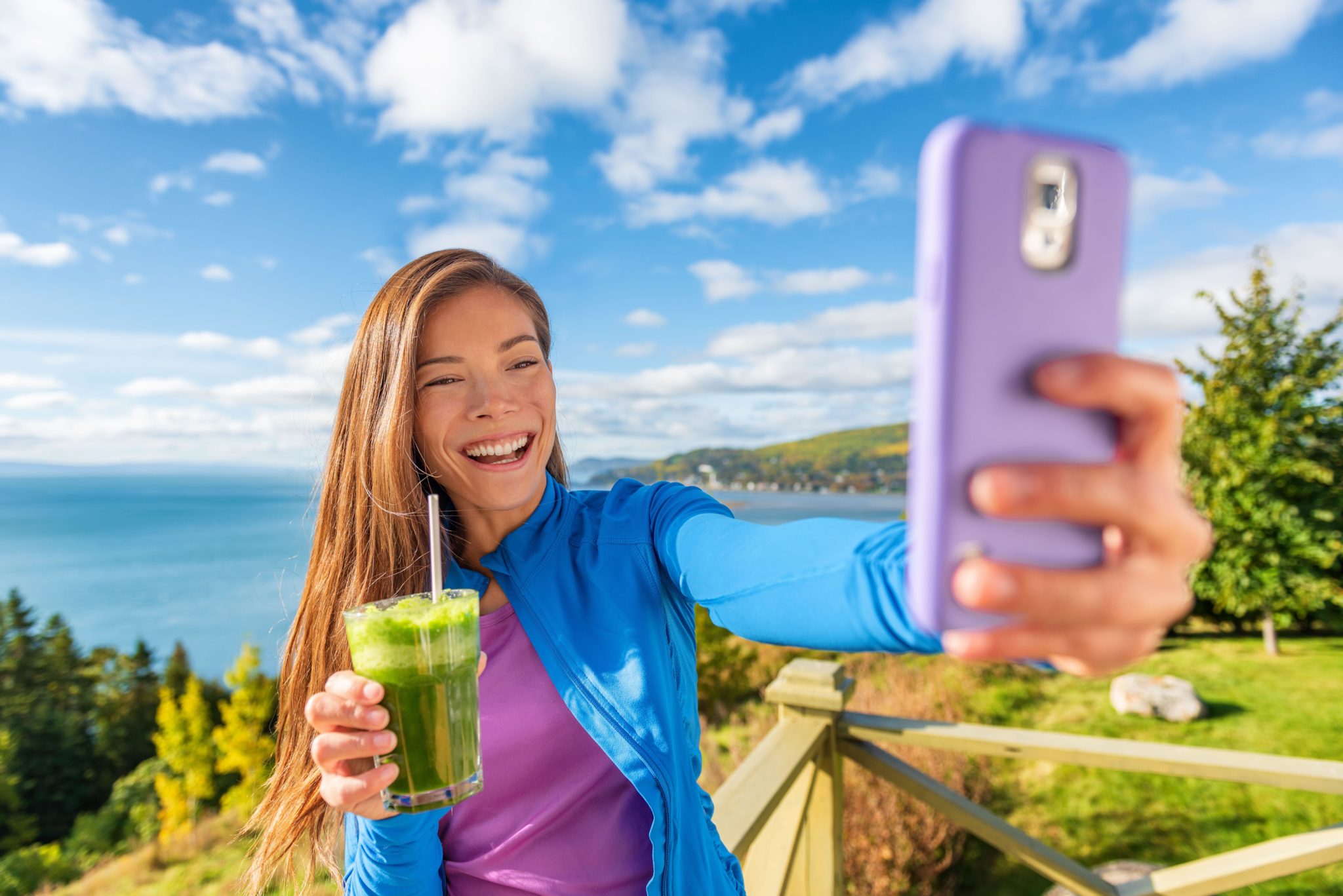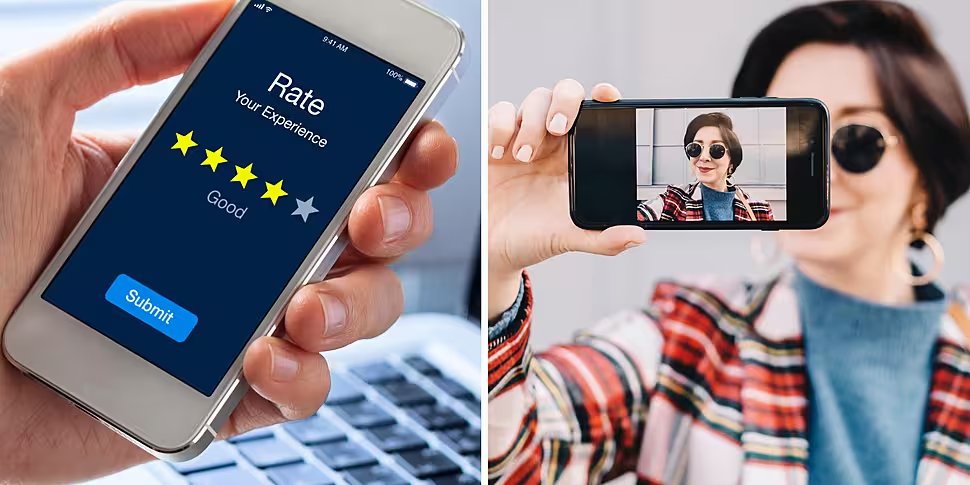Websites and companies use fake positive reviews to entice consumers to buy products "all the time" according to consumer journalist Sinead Ryan.
Last week, The World Economic Forum issued a report which showed that fake reviews influenced $152 billion worth of spending in 2021 across the globe.
Speaking to The Pat Kenny Show, the host of The Home Show said fake reviews are illegal in a large majority of countries, including Ireland.
"When it's makeup or clothes, you only have yourself to blame," she said. "It's the kind of purchase that is a cheap lesson."
"When it comes to things like health care supplements, weight loss pills, doctors, surgeries and clinics, it can really get quite serious.
"When you have people popping up to review – famous or otherwise – fake reviews are not really allowed."
Influencers
Sinead said there are "lots and lots" of social media influencers who give a product a positive review without even trying it.
"The Public Relations Institute have a set of quite strong guidelines on social media influencers," Sinead said.
Sinead said the issue lies in how influencers disclose that they were paid to promote a product.
"It's notable, say on platforms like Instagram or TikTok, where the influencer will put #ad or #sp – sponsored post," she said.
"The problem is that very often, even when they do it, it's contained in 100 hashtags that they list.
"Sponsored content has to go above, headlined – it has to be the first thing you see when you go in and look at a review from an influencer."
'Grey area'
In the Consumer Protection Act 2007, Sinead said influencers are not permitted to "mislead people" – which she says leaves room for interpretation.
"If they haven't tried it and they're just being sent money to influence something that's not allowed," she said.
"If they have tried it, and they've said, 'It's not bad, it's not going to harm anybody. I'll put up this post and get paid €5000 to say it's fantastic instead of it's okay' – it is a grey area.
"The burden of proof is always on the consumer, it's just insidious."
 Influencer recording product unboxing video (ronstik / Alamy Stock Photo)
Influencer recording product unboxing video (ronstik / Alamy Stock Photo)Sinead said a recent survey by UK consumer body Which? revealed that a German company was selling 1000 reviews for €10,000 for Amazon products.
"Trustpilot removed two and a half million fake reviews last year off its website, but it's hard to get on top of it," she said.
Sinead said The Consumer Protection Commission advises consumers to avoid any product that exclusively has five-star reviews.
"For authentic reviews, it should have a mix of feedback and a mix of ratings," she said.
"The more you pay for something, the more you should research into it."
 Social media influencer promoting health (Maridav / Alamy Stock Photo)
Social media influencer promoting health (Maridav / Alamy Stock Photo)Sinead advised consumers to check forums like Trustpilot and TripAdvisor that "ordinary people are feeding into".
"If the language isn't genuine, or it looks like the product promotion is using advertising terms, it's incredibly glossy and polished, that's likely to be a fake review.
"Check the reviewer's past posts, because there are some reviewers who are professional.
"It's worth taking the time if you're spending a good chunk of change on it."
You can listen back here:









